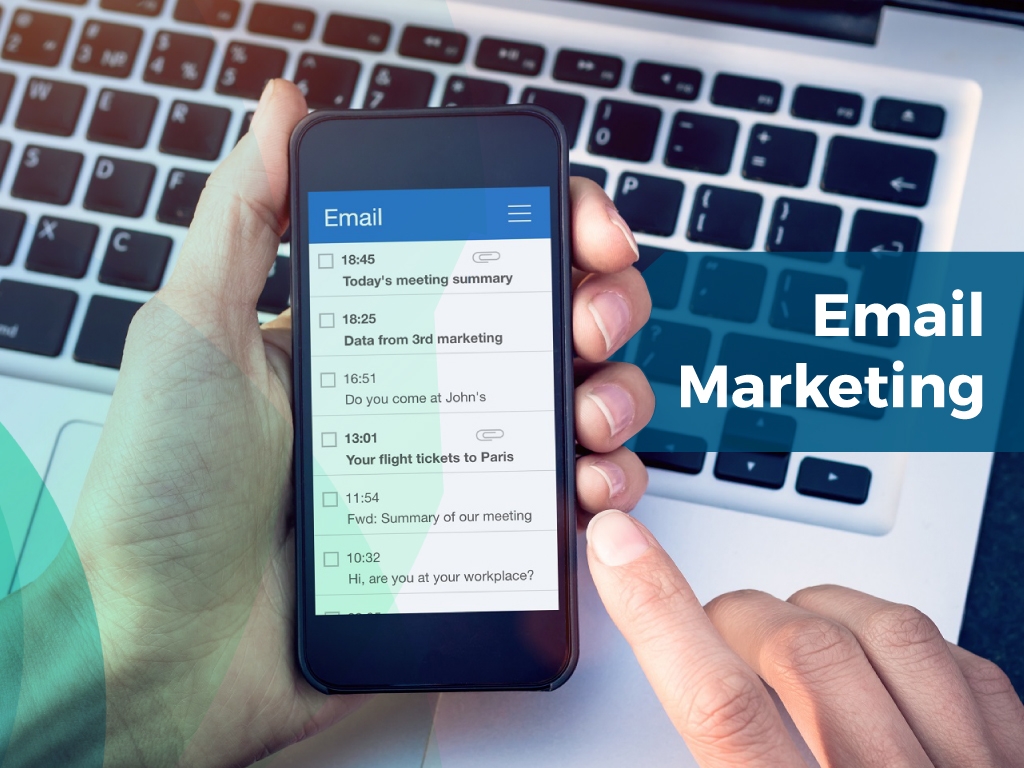7 Critical eCommerce Marketing Tips
Struggling to get your eCommerce game up to speed? Worried that in the wake of COVID-19, your competitors are multiplying? It’s a strange new world and, while eCommerce is playing centre stage, business owners must make informed, intentional decisions that build their business, bring in more customers, and create a strong, thriving brand.
Not sure how to do that? You’re not alone, but we’ll cover seven of the most critical eCommerce Marketing tips to help ensure eCommerce success.
Have a Content Marketing Strategy from Day One
Too often, business owners leave developing their content marketing strategy for last. That’s natural. There are so many other things to do – a website to design, products to identify, website sales copy to write, and more. However, content marketing is the single most powerful tool for traffic generation. You need a plan to get started – what content marketing methods will you use? Do you have the in-house talent to create the content you’ll need? Do you know your products well enough that you can educate your customers about them? Explore videos, blog posts, newsletters, email marketing, and other methods.
Automate Your Email Marketing

Email marketing is one of the oldest forms of digital marketing, but it’s still a powerhouse. You need it on your side, but you don’t need to spend the time, money, or effort usually required to create an email database and then communicate with your prospects. Automating your email marketing with advanced, AI-based software (AWeber, MailChimp, GetResponse, etc.) helps you enjoy all the benefits on offer without spending too much of your time.
Be Smart About Social Media
There’s a sense that, when it comes to social media, more is better. That’s not necessarily true, as different networks are better suited for different needs. For instance, Snapchat and LinkedIn both fall under the social media banner, but could you imagine two more disparate digital destinations? Take some time to explore the different social networks, identify your audience there, and determine whether the network should be part of your long-term digital marketing strategy.
Personalisation Matters

Today’s consumers are savvier than ever. They have very different expectations of the brands they patronise than they did just a few years ago. Chief among those expectations is the idea that your interactions with them should be personalised based on their previous purchases, their position in your sales funnel, their experiences with your customer service staff – you get the idea. Personalisation goes deeper than just putting the customer’s name at the top of an email. It requires a real understanding of their journey, and their wants, needs, and expectations.
User-Generated Content Helps You Win
When it comes to reaching consumers today, anything that provides social proof can be a powerful motivator and trust indicator. User-generated content is precisely that – content generated by your customers that provides incontrovertible social proof. What type of content is this, though? Think customer reviews and photographs of the products they’ve purchased, but it can go deeper than that. Customer testimonials, videos, and other content can also offer a lot of traction for eCommerce operations.
Make Sure You’re Ready for Mobile
The world is increasingly going mobile, and eCommerce businesses must be at the forefront of that shift. Your website has to be optimised for mobile devices from its outset. It cannot be an afterthought. You must do more than give a nod to mobile users. In fact, Google rewards sites designed with a mobile-first strategy with higher placement in the SERPs. Your eCommerce site should resize naturally to fit different device screens, must provide high-quality images on all devices, and should be fast and responsive even on a relatively slow connection.
Go Local

Google loves local businesses, and consumers are increasingly searching for local businesses that they can support through online purchases. Claim your Google My Business Page, but go deeper than this. Optimise website content for your local area, and include your physical address on your contact page. If you have a brick-and-mortar location, or just want to connect with customers in your local area, local branding and marketing can help.
Ecommerce marketing doesn’t have to be an insurmountable challenge. The eCommerce Marketing tips above will help you build your audience even before your online store is open for business and keep traffic flowing once your digital doors are open.




